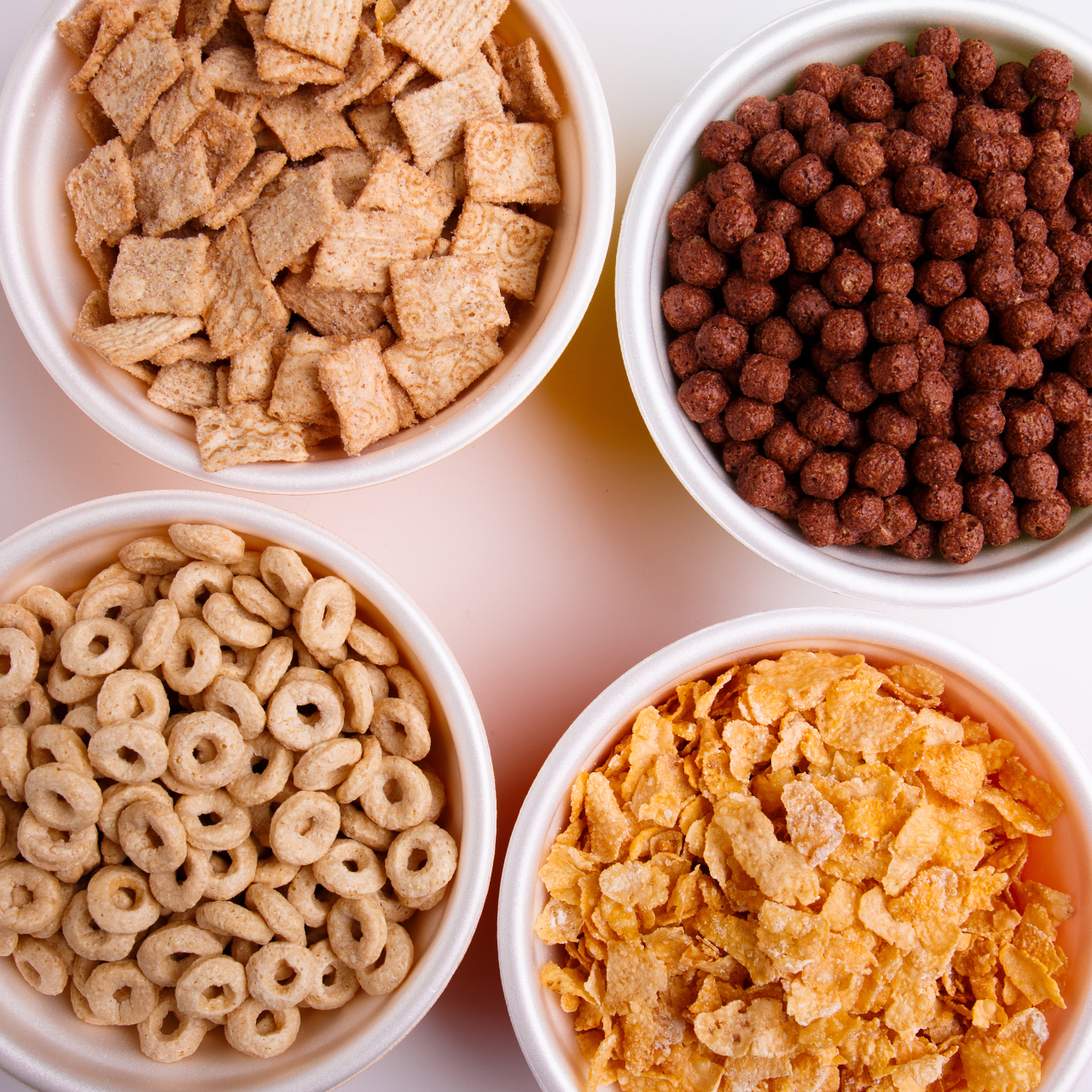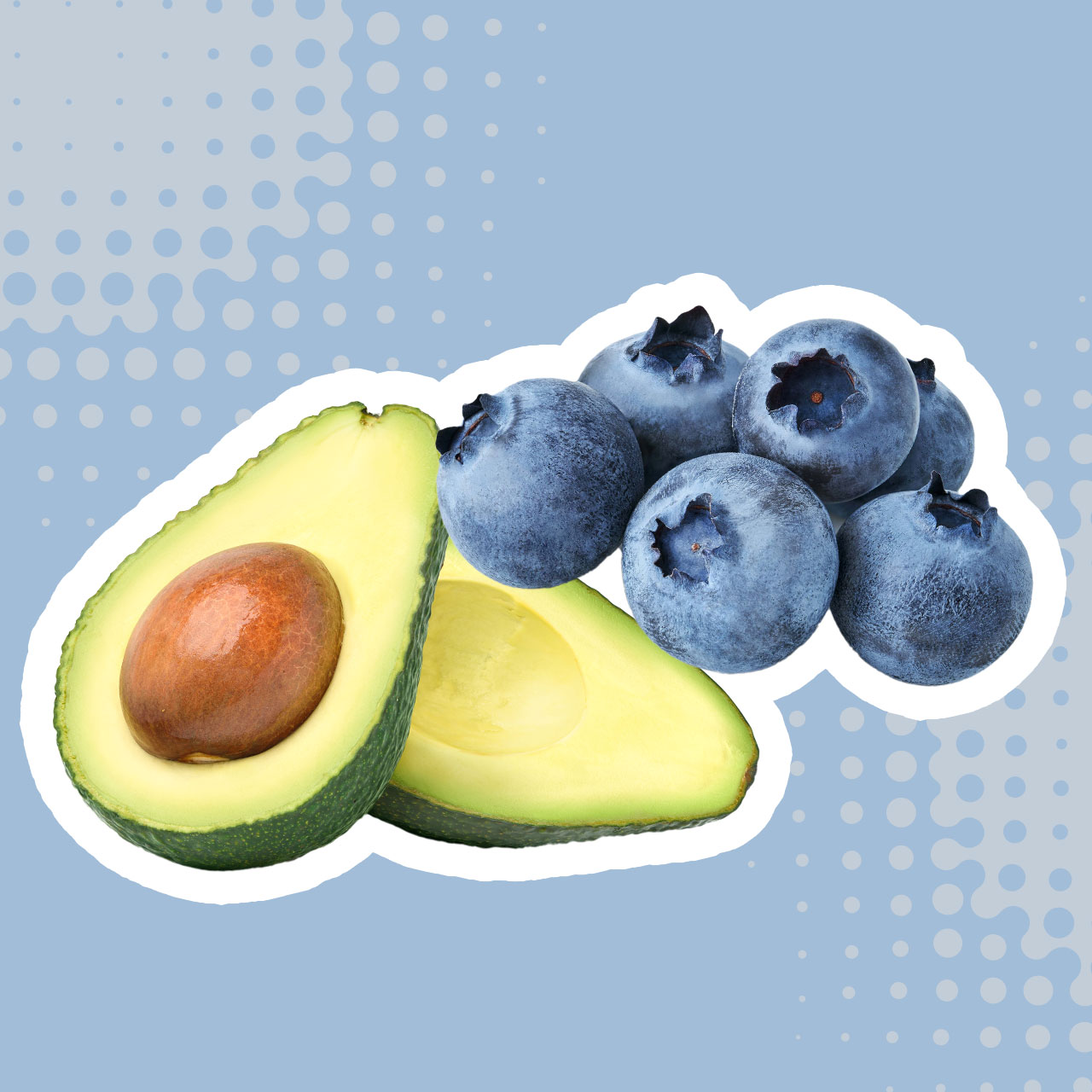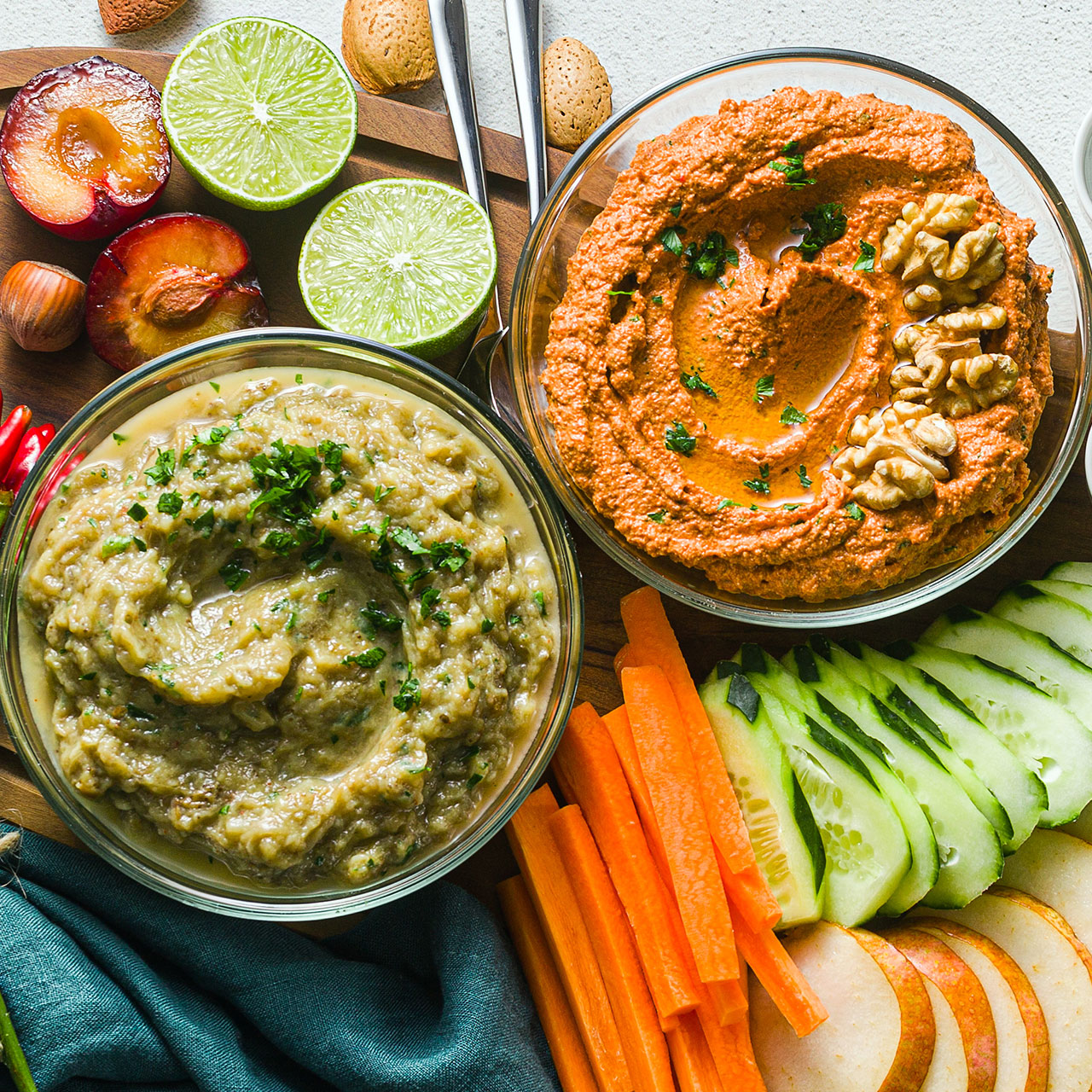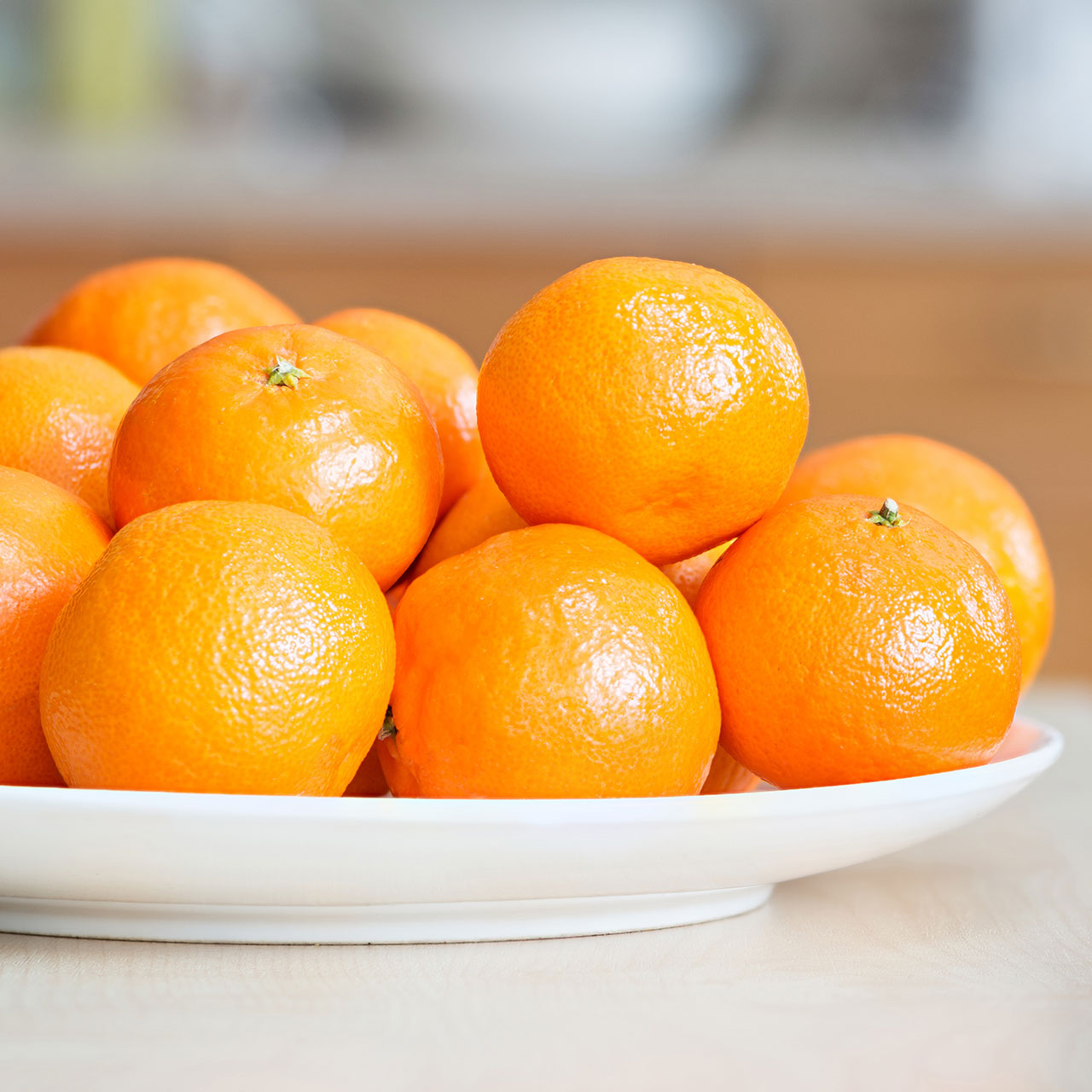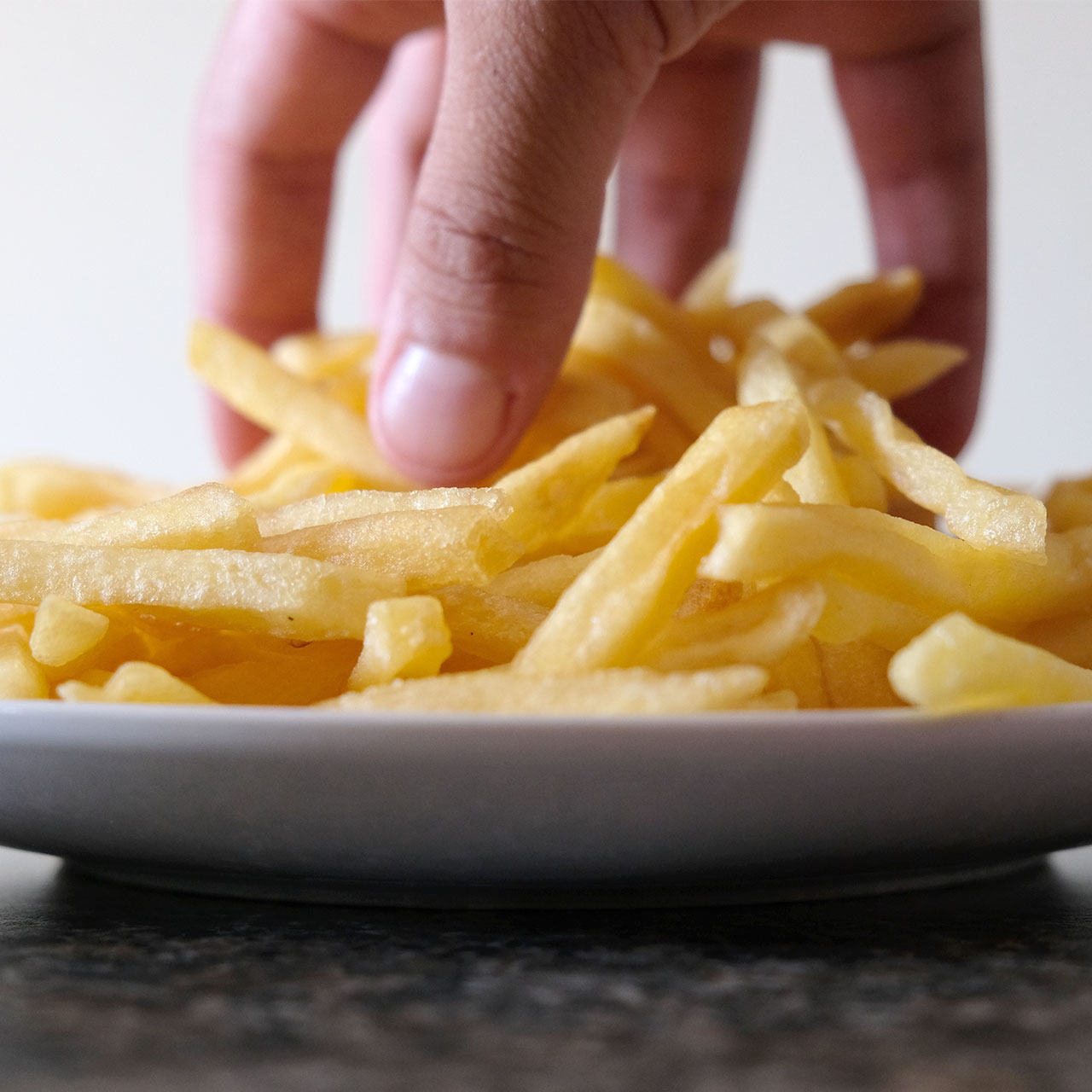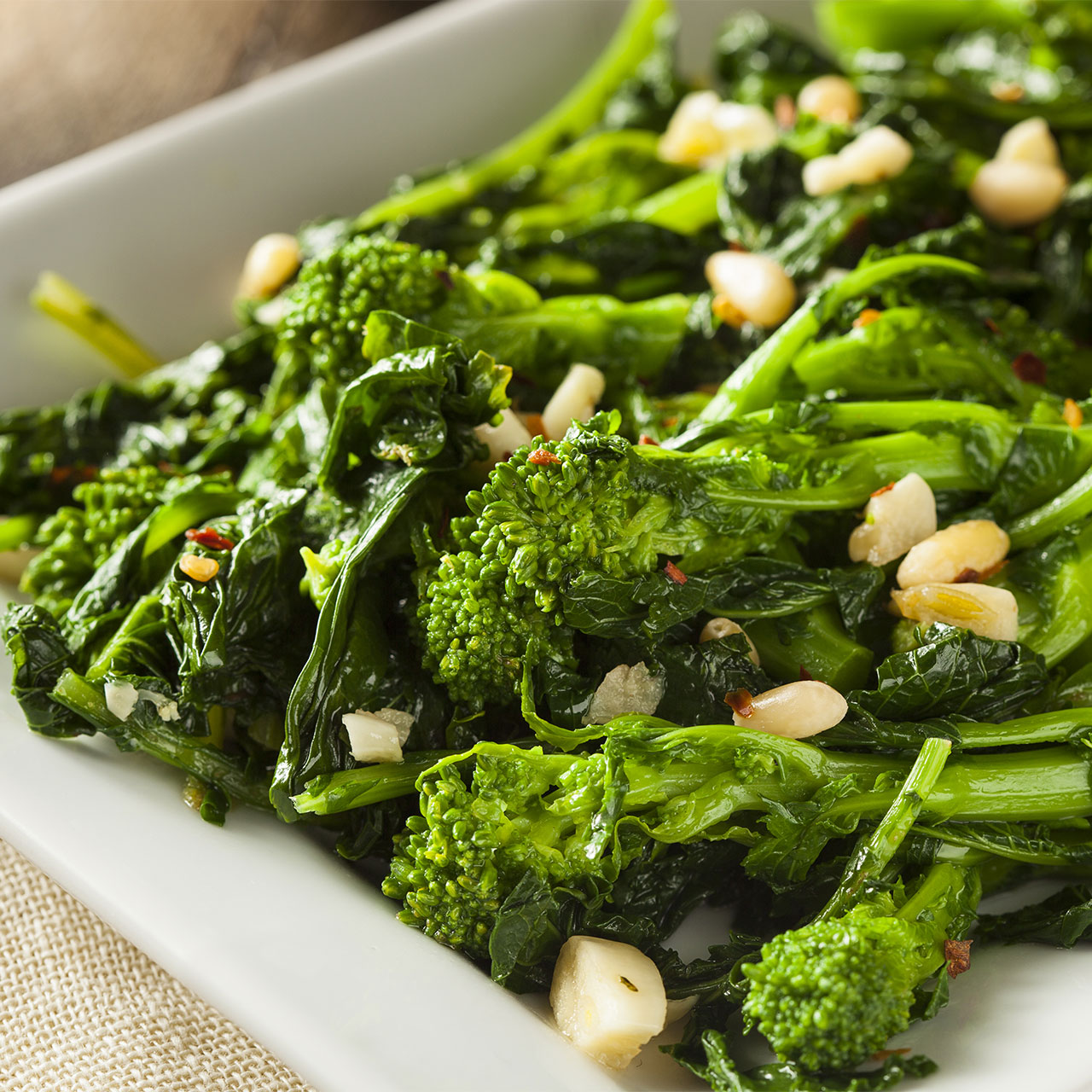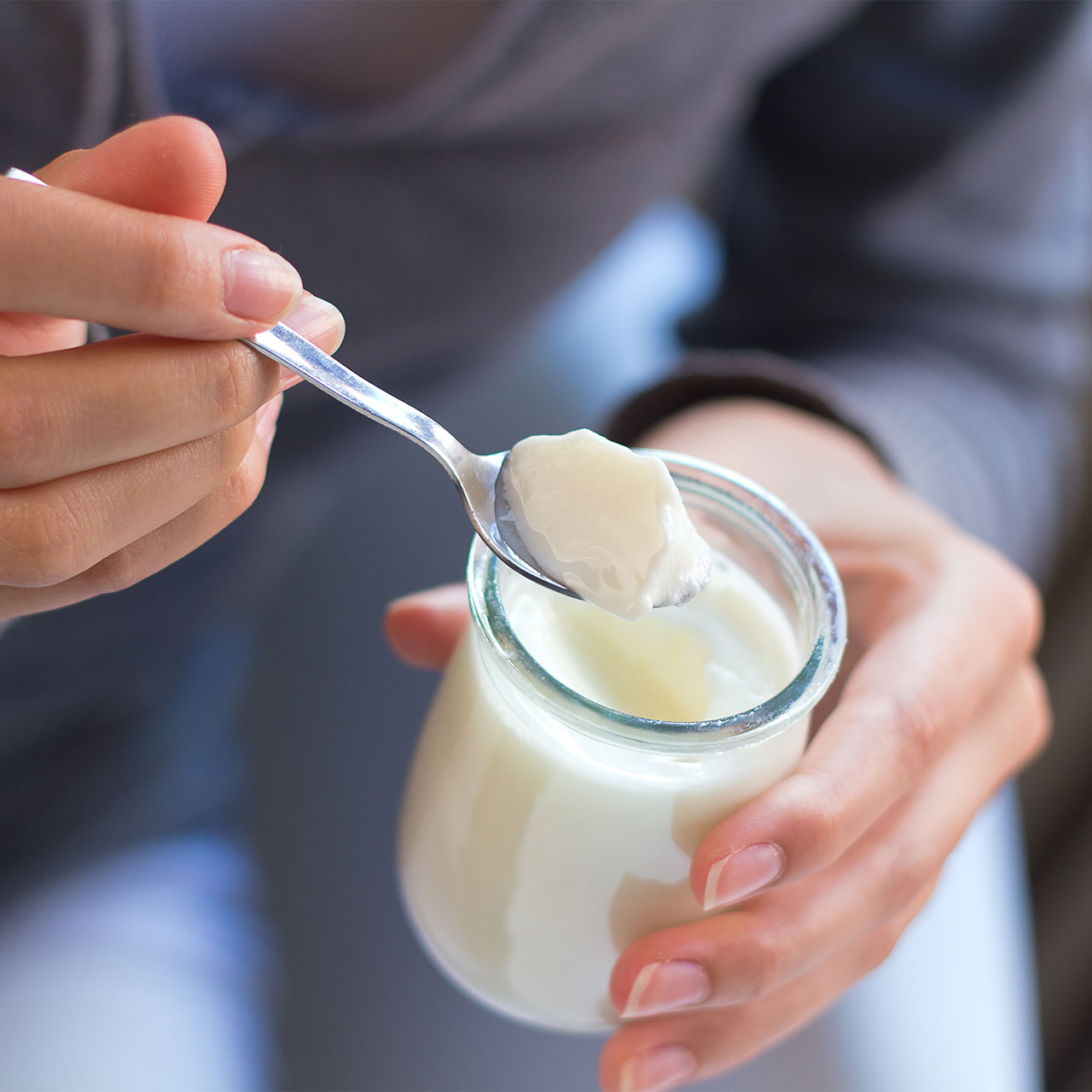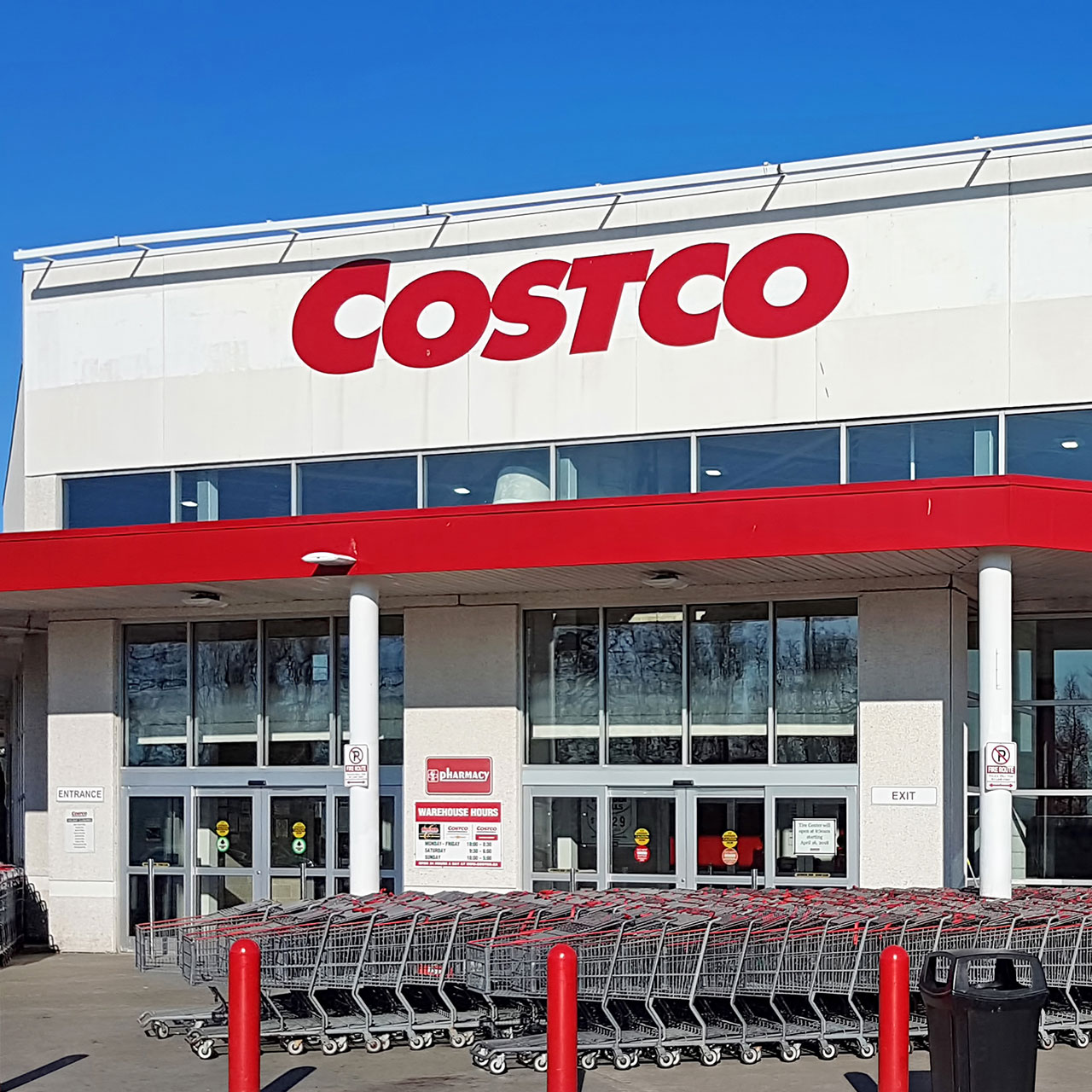This is an archived article and the information in the story may be outdated. Please check the time stamp on the story to see when it was updated last.
The old adage that you should never eat late at night if you’re trying to maintain your healthy weight or lose weight isn’t always true. If you get hungry for something to pick on and reach for a healthy snack of veggies and hummus or low-fat cheese, very little will happen to wreck your diet and you’ll hit the sack feeling satisfied and less likely to binge on unhealthy foods.
But the key is picking and choosing protein-rich, low calorie, carb, and sugar foods that won’t slow down your metabolism. Here are four foods you should never have after 10 a.m. because they slow your metabolism and could cause weight gain.


1. Sweet Treats
Yes, the occasional dessert after dinner is a must — after all, you shouldn’t deprive yourself of everything delicious in life. But making it a habit to indulge in sugary treats like chocolate cake, ice-cream, and even that large cappuccino with milk and sugar too late in the day won’t give you a chance to burn those calories. It can make you feel jumpy and anxious and wreak havoc on your metabolism.

Jillian Michaels, former The Biggest Loser trainer and creator of the My Fitness app, told Well + Good the sugar spikes we experience after eating a yummy dessert also cause changes in our cortisol and insulin levels, causing them to increase. If you indulge in these sugary foods too often, you can throw your metabolism out of whack because of all of these sudden hormonal changes.
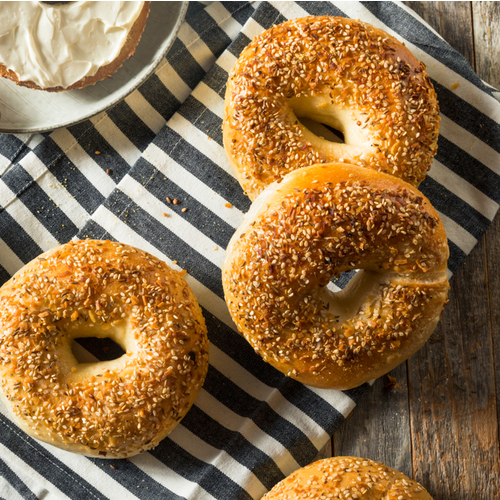
2. Processed White Grains
You may be used to eating a big breakfast that includes eggs and white bread or another starch. But consuming processed grains later on in the day has a similar effect to eating sugary foods: it increases your insulin levels and can slow down your metabolism.
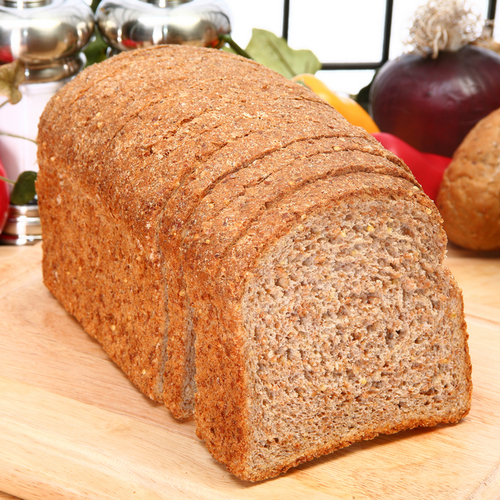
The truth is: processed grains share very little in common with whole grains like brown rice, barley, and oatmeal.
“When consumed in excess, refined grains can provide you with high levels of certain compounds that may hurt your metabolism, including gluten, lots of starch, and phytic acid,” Josh Axe, founder of Ancient Nutrition and DrAxe.com, told Well + Good. “Many packaged grain products also contain lots of added sugar, salt, synthetic preservatives, and are ‘fortified’ with synthetic vitamins and minerals that can be hard to metabolize properly.”

3. Omega-6 Fatty Acids
You want a diet that contains plenty of omega-3 fatty acids — the good fatty acids found in foods like salmon, avocado, and almonds. But its omega-6 fatty acid cousin is what you’ll find in butter, processed pork, and desserts — and it can slow down your metabolism and cause inflammation in the body, which can lead to weight gain and disease.
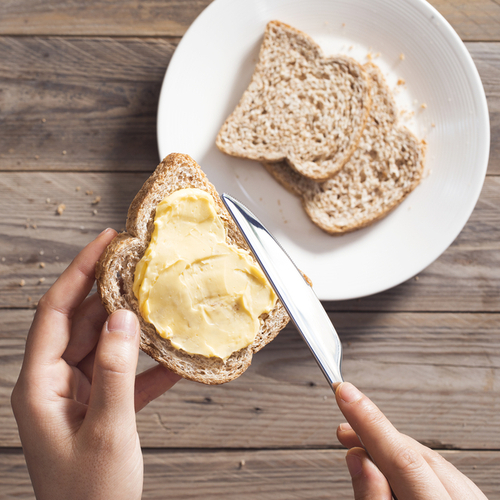
Foods with omega-6 contain an essential nutrient called linoleic acid — so they needn’t be completely cut out of your diet. But experts say it’s very important not to confuse them with omega-3’s and to use them sparingly.
“The American diet used to be balanced in both omega-6 and omega-3 fatty acids,” Tanya Zuckerbrot, MS, RD, CEO of F-Factor in New York City, told Runner’s World. “But today, higher processing has left our country filled with vegetable oils and hydrogenated fats, both high sources of omega-6, which are pro-inflammatory, and the consumption of these are correlated with obesity.”
A pat of butter on your whole grain toast in the morning is fine — but keeping your afternoon and evening clear for only the healthiest, metabolism-boosting foods is the way to go.









